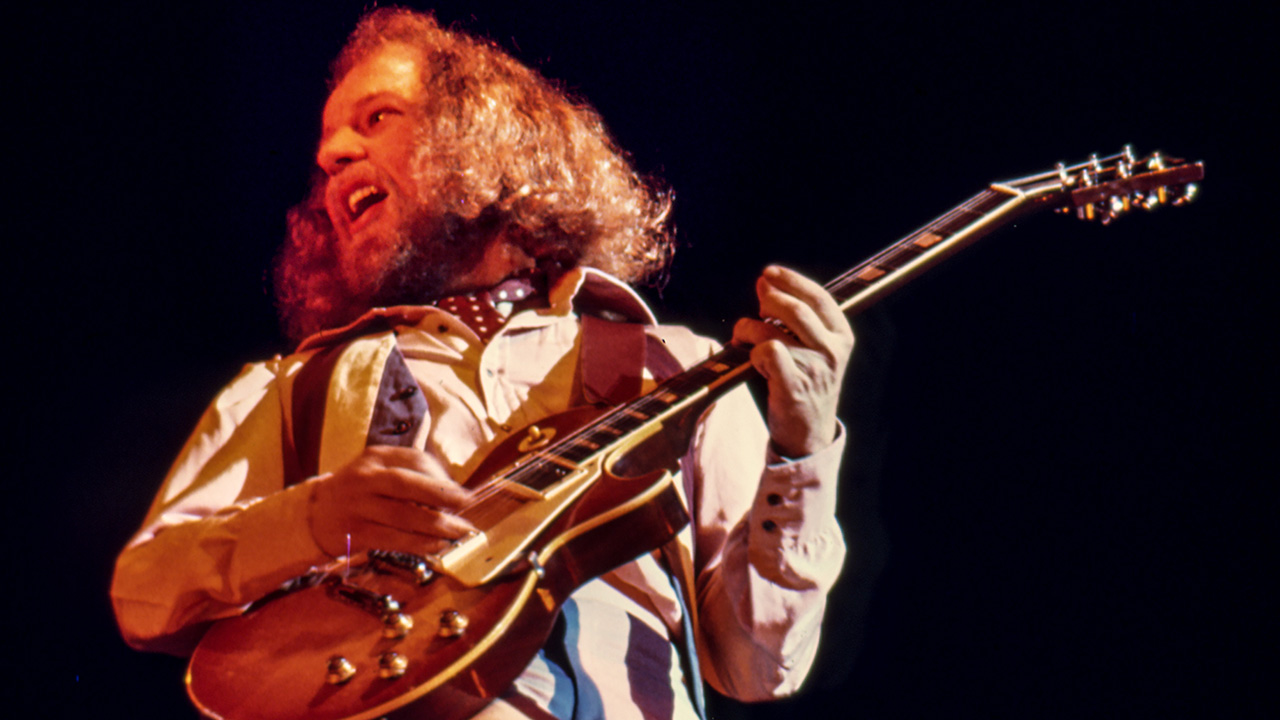You can trust Louder
You know it’s going to be a special gig when the support act is a young woman hunched over a table, doing illustrations to systems music. Steven Wilson-philes might recognise her as Carrie, the graphic designer and model who was the cover star of Hand. Cannot. Erase. After half an hour, she stands up, stretches, puts on her coat and leaves.
With a similar lack of fanfare, Wilson – looking half his 47 years in his skinny jeans and black T-shirt – saunters on for the first of two nights at the Royal Albert Hall. He’s accompanied by his four-piece band, including Dave Kilminster on guitar and Nick “Sex On Legs” Beggs, as Wilson will later introduce the fretless bassist.
The biggest cheers are of course reserved for Wilson, today’s undisputed king of prog.
A two-part show, the first half comprises the whole of his acclaimed 2015 album, starting with First Regret and Three Years Older, which combine Who power with the complexity of Yes. The screen shows forceful images of lonely urbanites, illustrating the theme of the album.
Wilson couldn’t look more at home, barefoot even in these prestigious environs, but professing to nervousness, asking the awed crowd for as much encouragement as we can muster as he launches into the title track. That’s followed by Perfect Life, with its shifting textures and tempos.
For Routine, he’s joined, as he was on the album, by Israeli singer Ninet Tayeb, her sultry tones rising above the instrumental melee and whose primal screaming earns her an ovation.
Home Invasion is a triumph of thrilling intricacy and prog technoflash, while Ancestral evinces a penchant for the latter-day adventurism of Radiohead, the lyric (‘The function is dysfunction’) sounding like a parody of Thom Yorke. Beggs, all flailing blond mane, makes orgiastic bass faces as Wilson conducts the audience’s polyrhythmic clapping ahead of Happy Returns, whose heavenly choir closes part one.
Sign up below to get the latest from Prog, plus exclusive special offers, direct to your inbox!
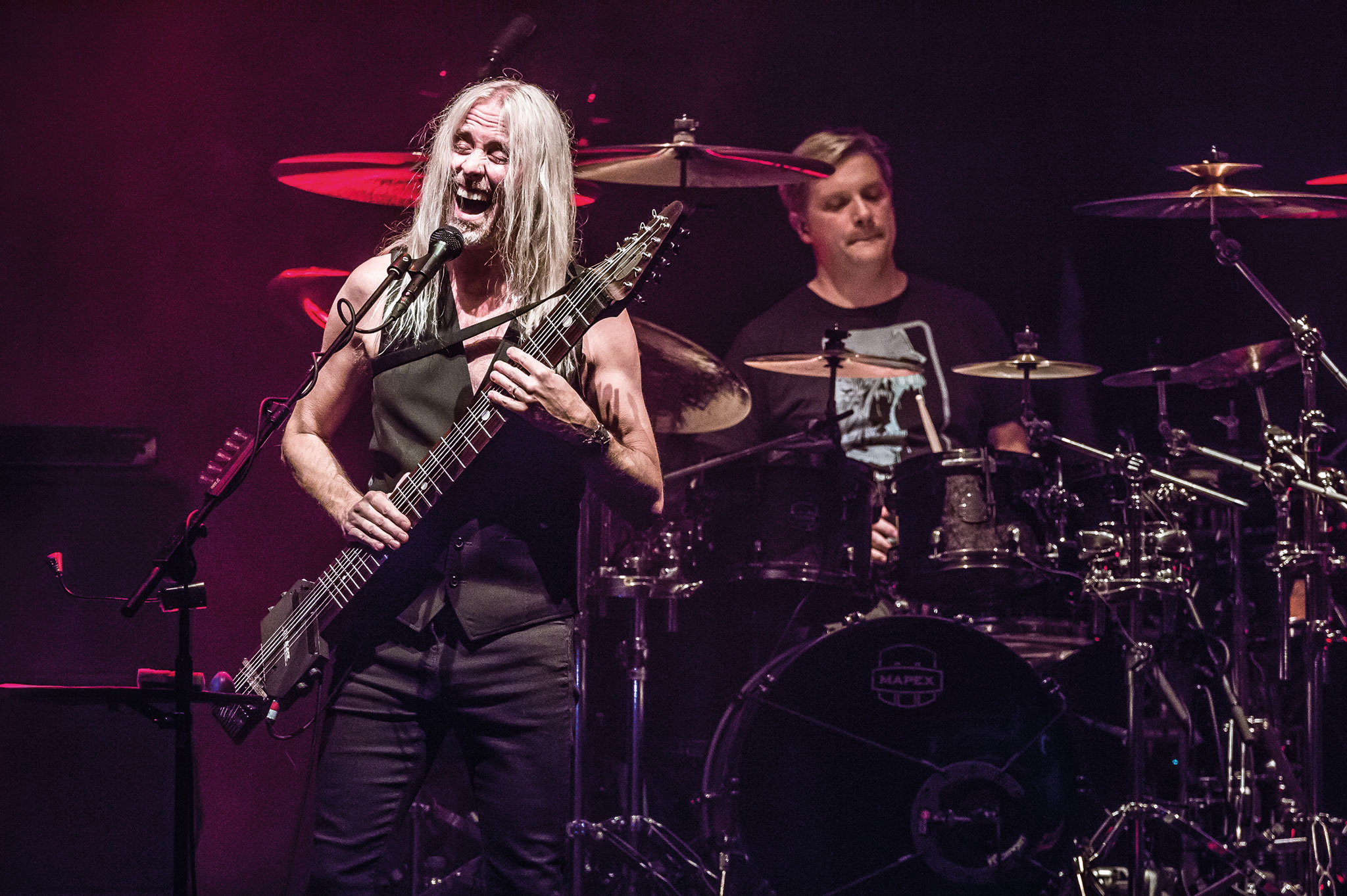
Part two starts with the sinister atmospherica of Drag Ropes, featuring a rapturously welcomed Mikael Åkerfeldt of Opeth on vocals. For most of this half – a stylistically varied foray across the wild firmament of Wilson’s multifaceted career – the music is enhanced by creepily effective on-screen visuals courtesy of Jessica Cope.
Index opens with synchronised finger-clicks and dark chanting before exploding into symphonic metal. Lazarus is an epic ballad. My Book Of Regrets, meanwhile, imagines what a punky Genesis might sound like, all storms of noise followed by periods of instrumental reflection. Then Wilson introduces “the song that kicked off my solo career” – Harmony Korine – before the double-whammy climax of The Watchmaker and Sleep Together.
Not surprisingly, the audience won’t let him go, so the band return for a rendition of Porcupine Tree’s The Sound Of Muzak. The final encore is The Raven That Refused To Sing, prefaced by a bow from – and huge applause for – animator Cope. But the biggest cheers are of course reserved for Wilson, today’s undisputed king of prog.
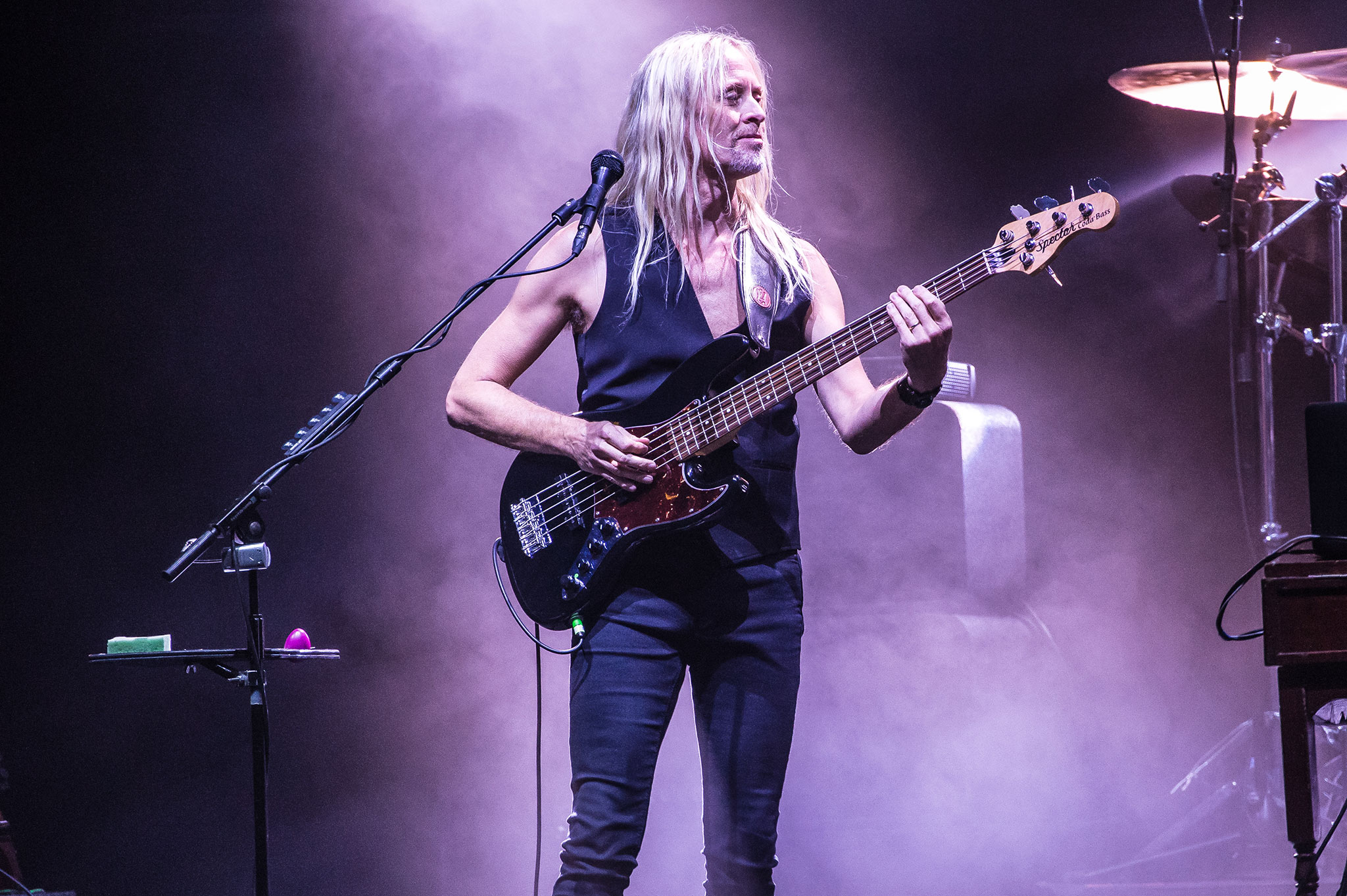


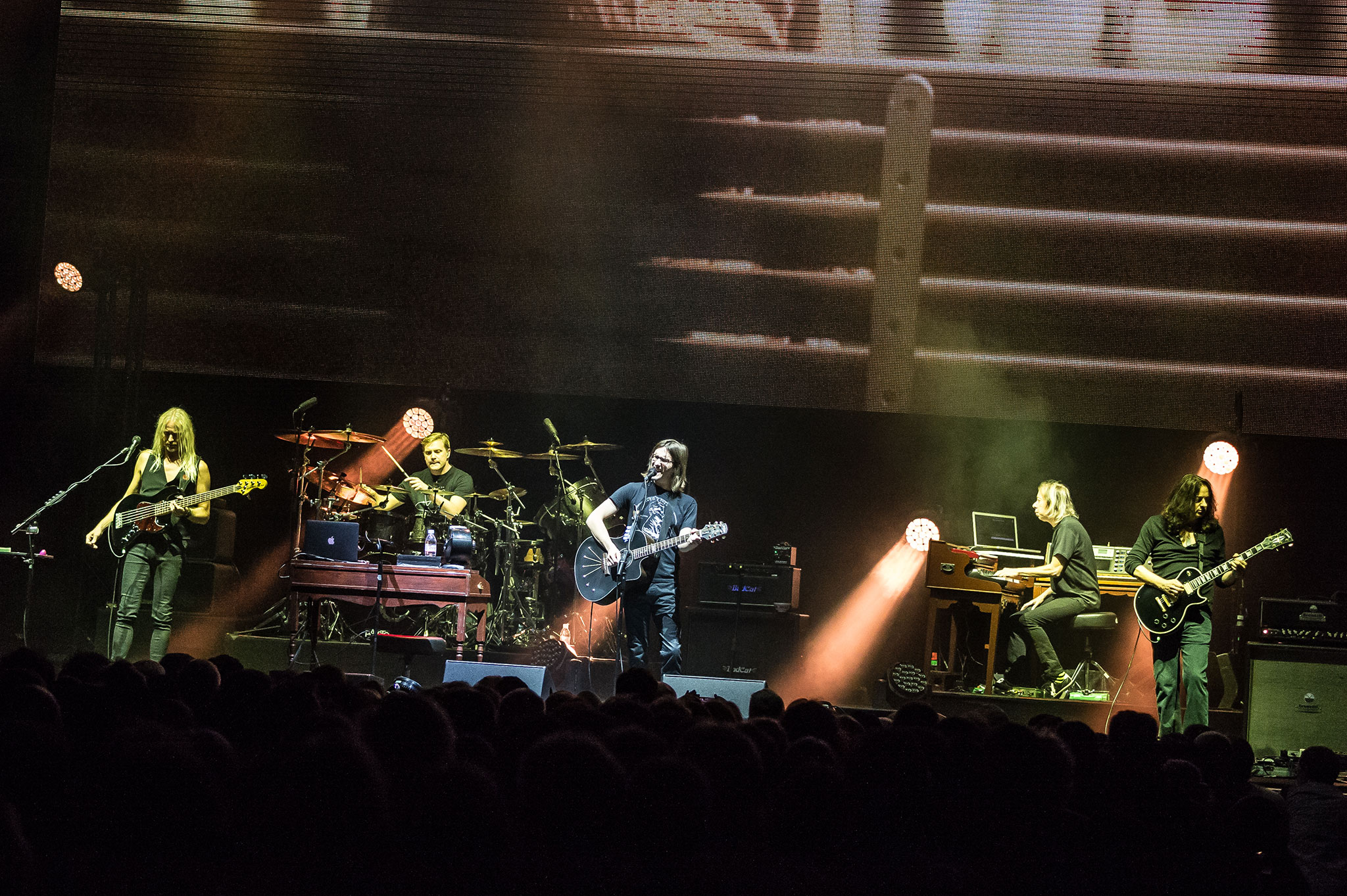
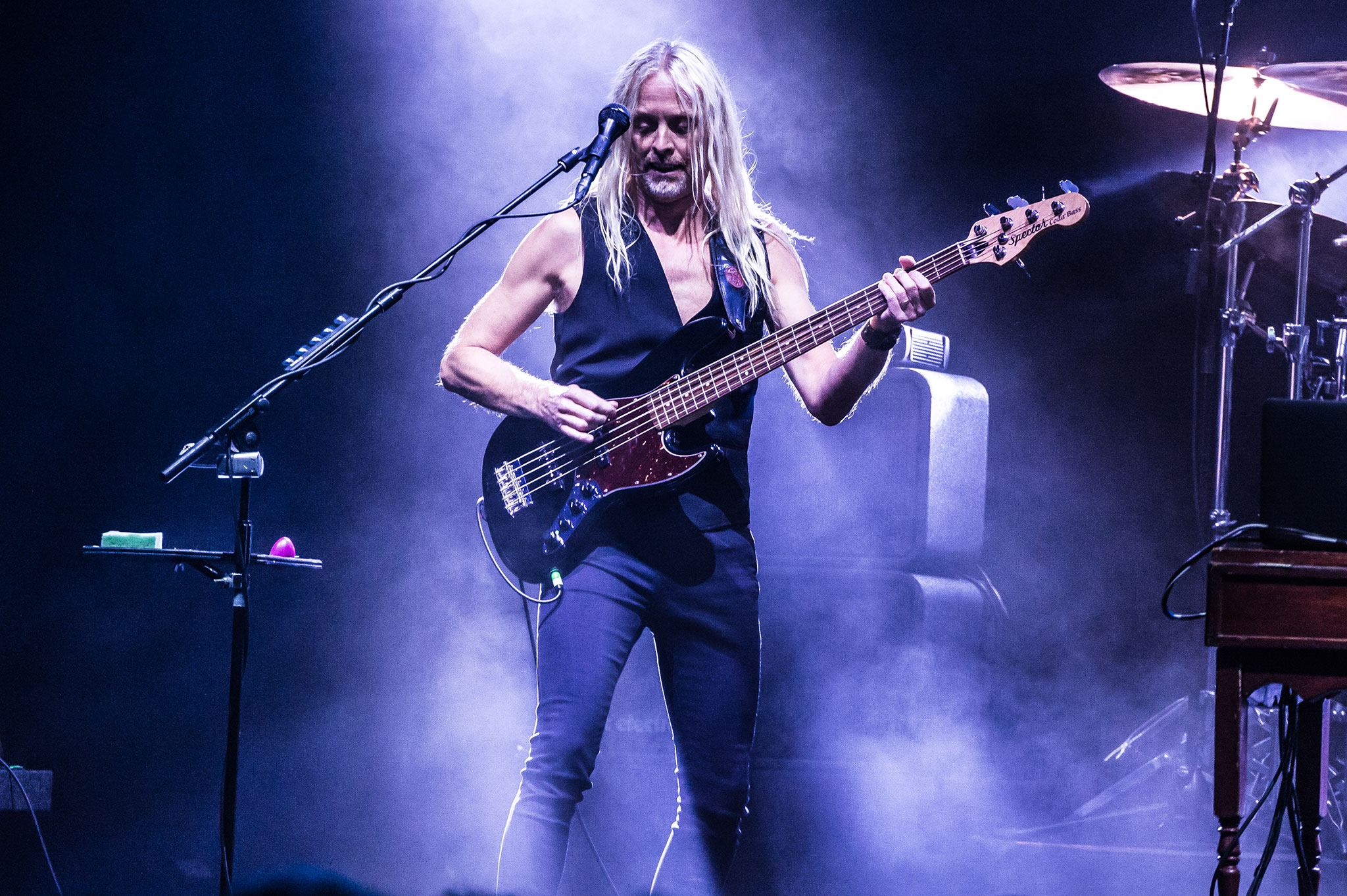
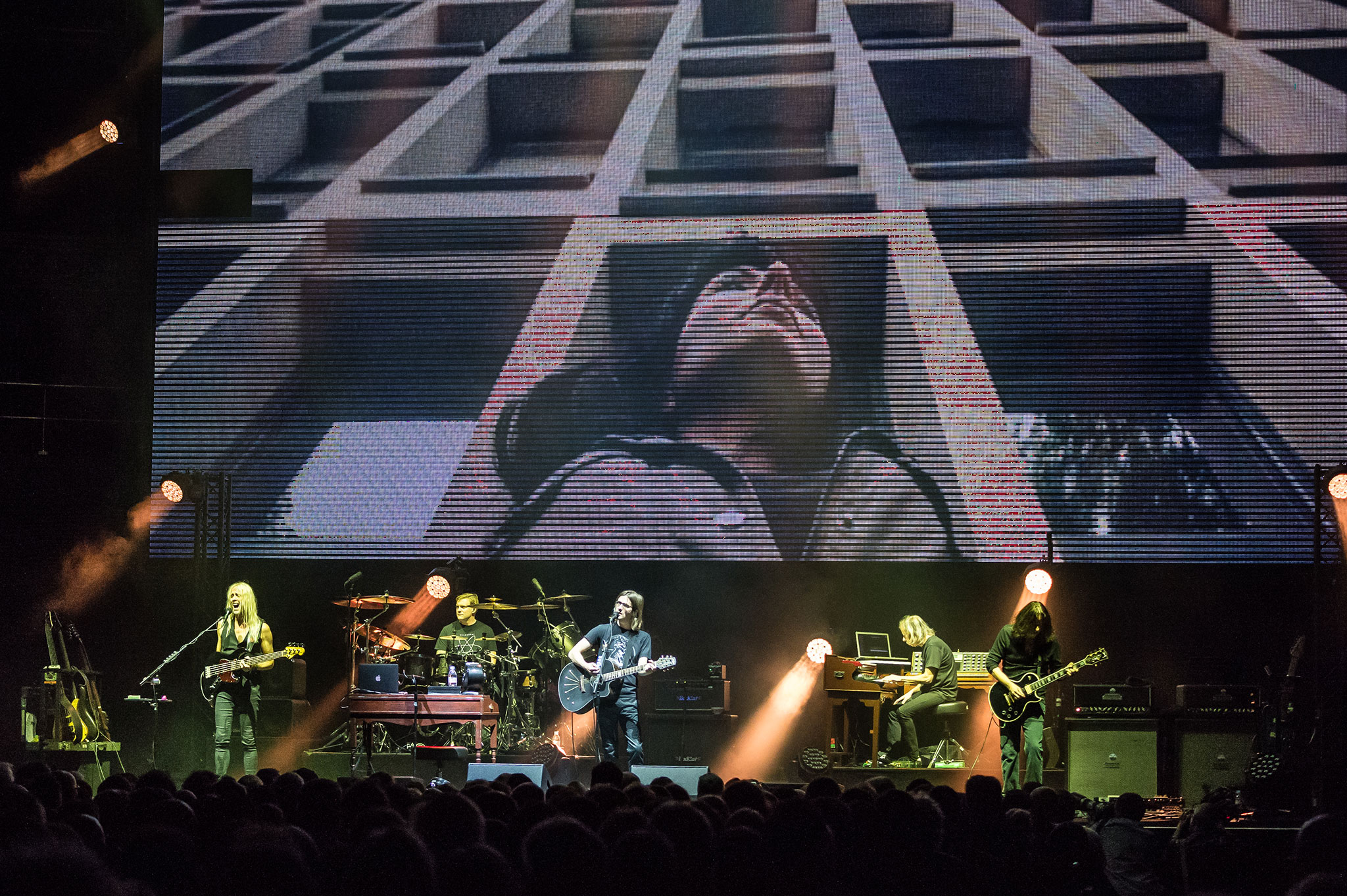
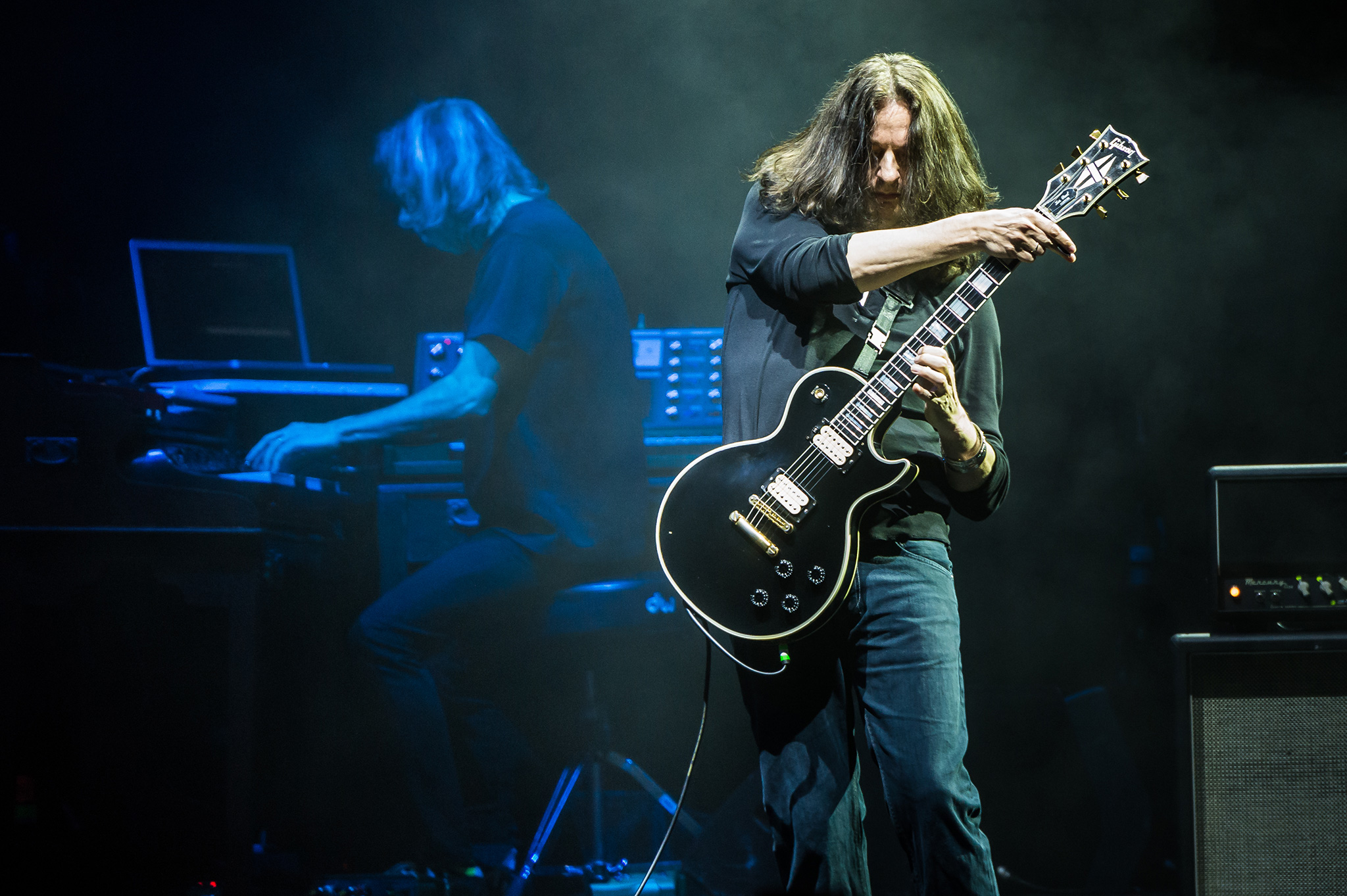
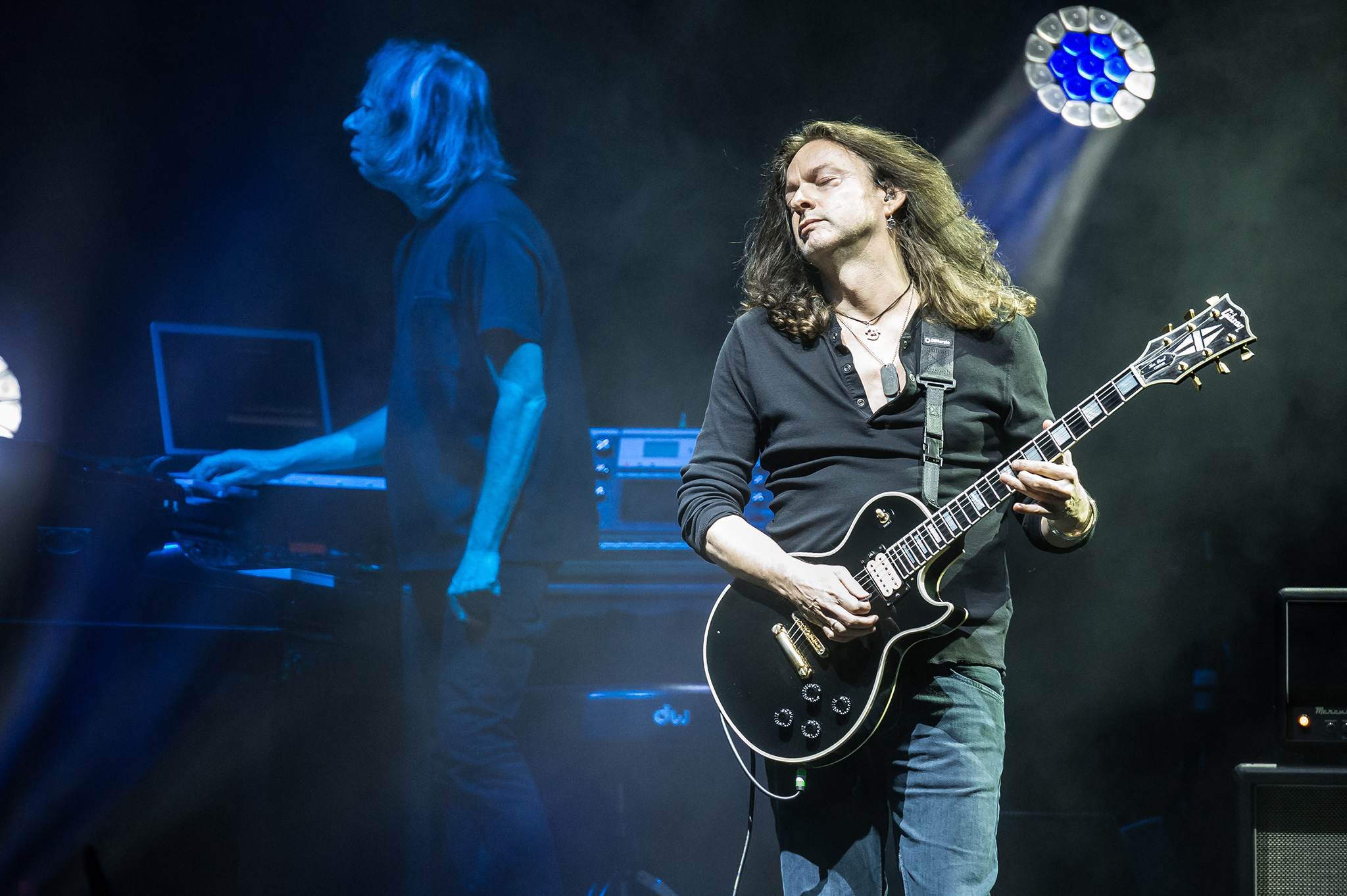
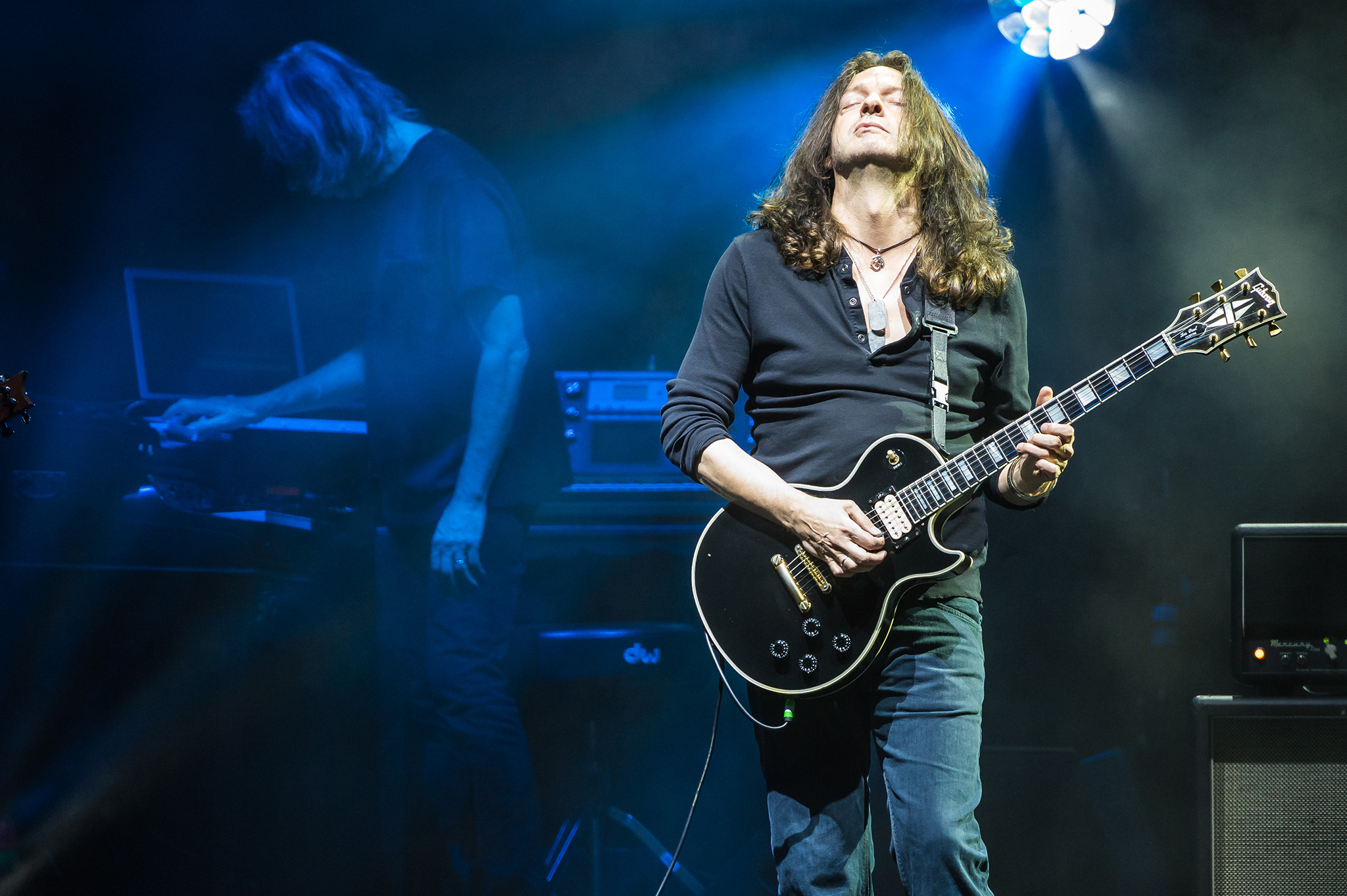
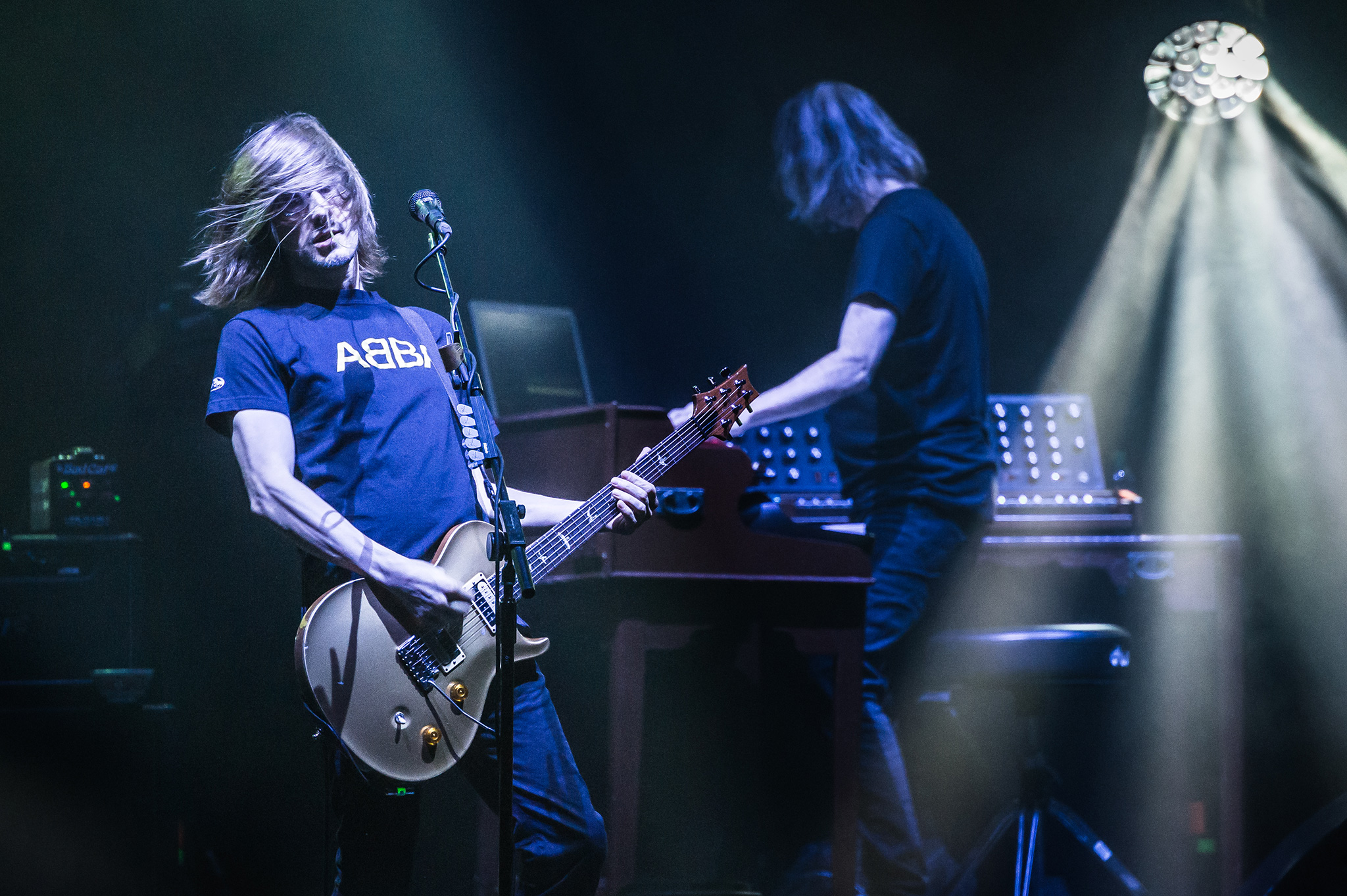

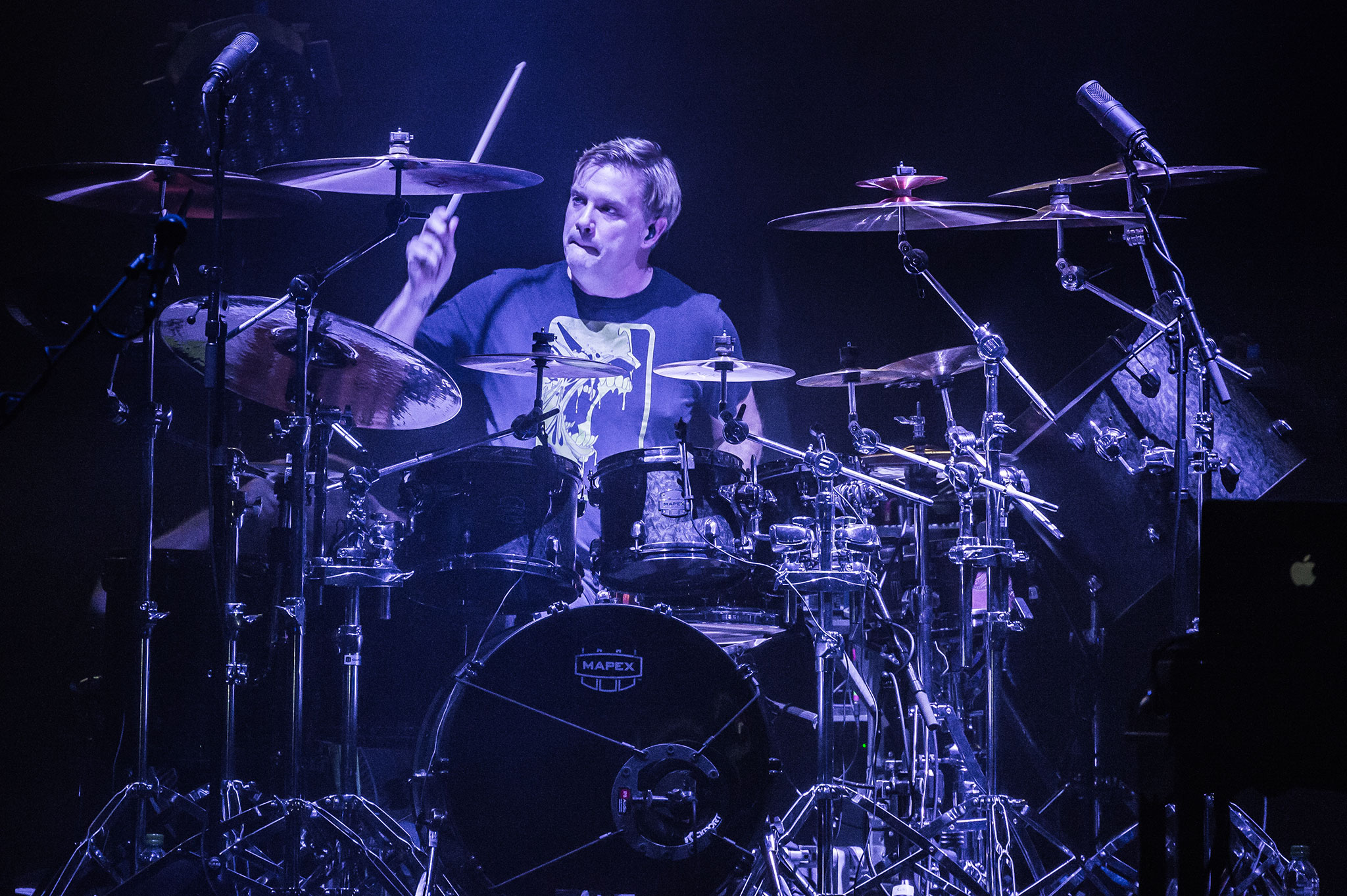
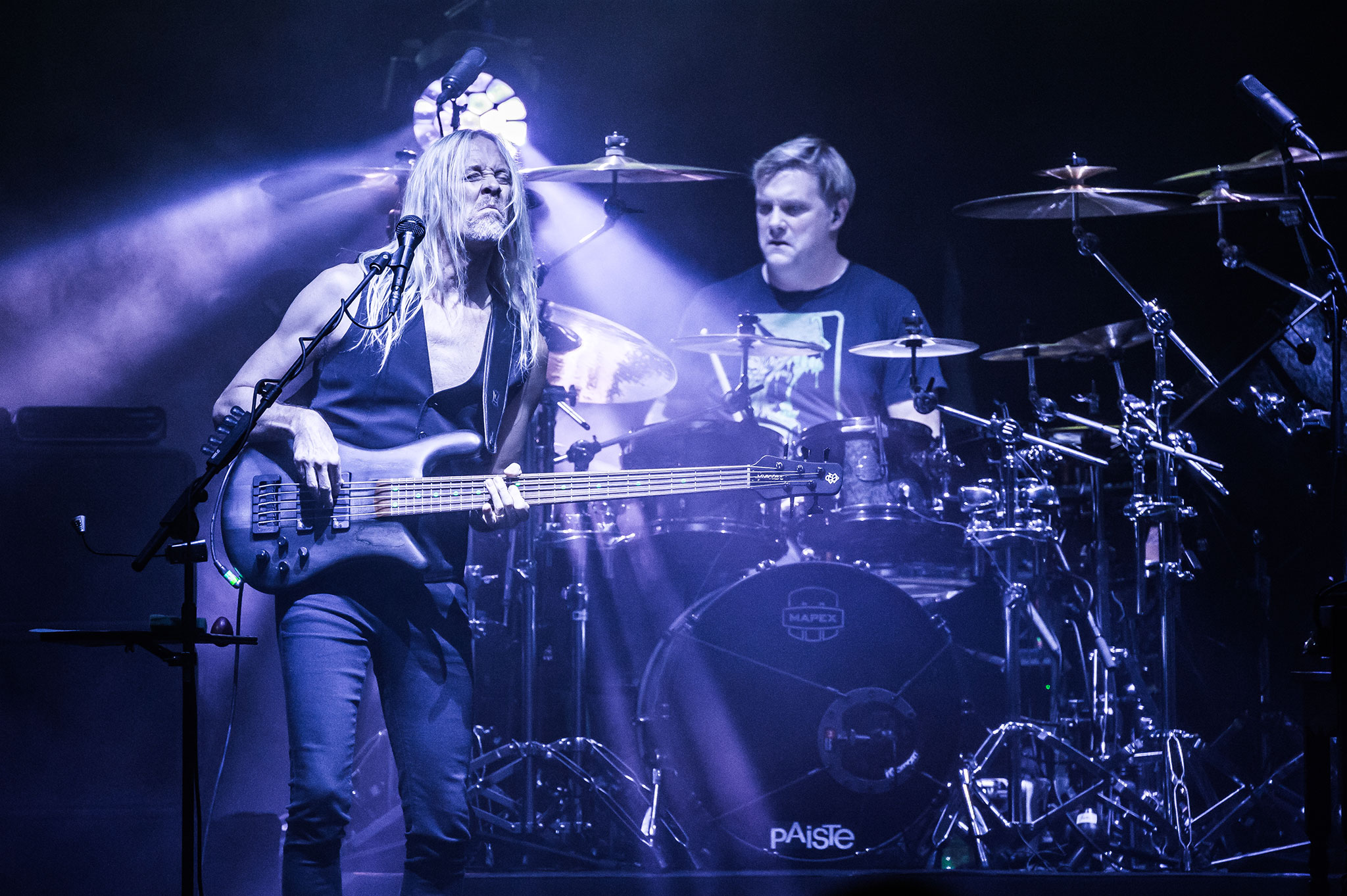


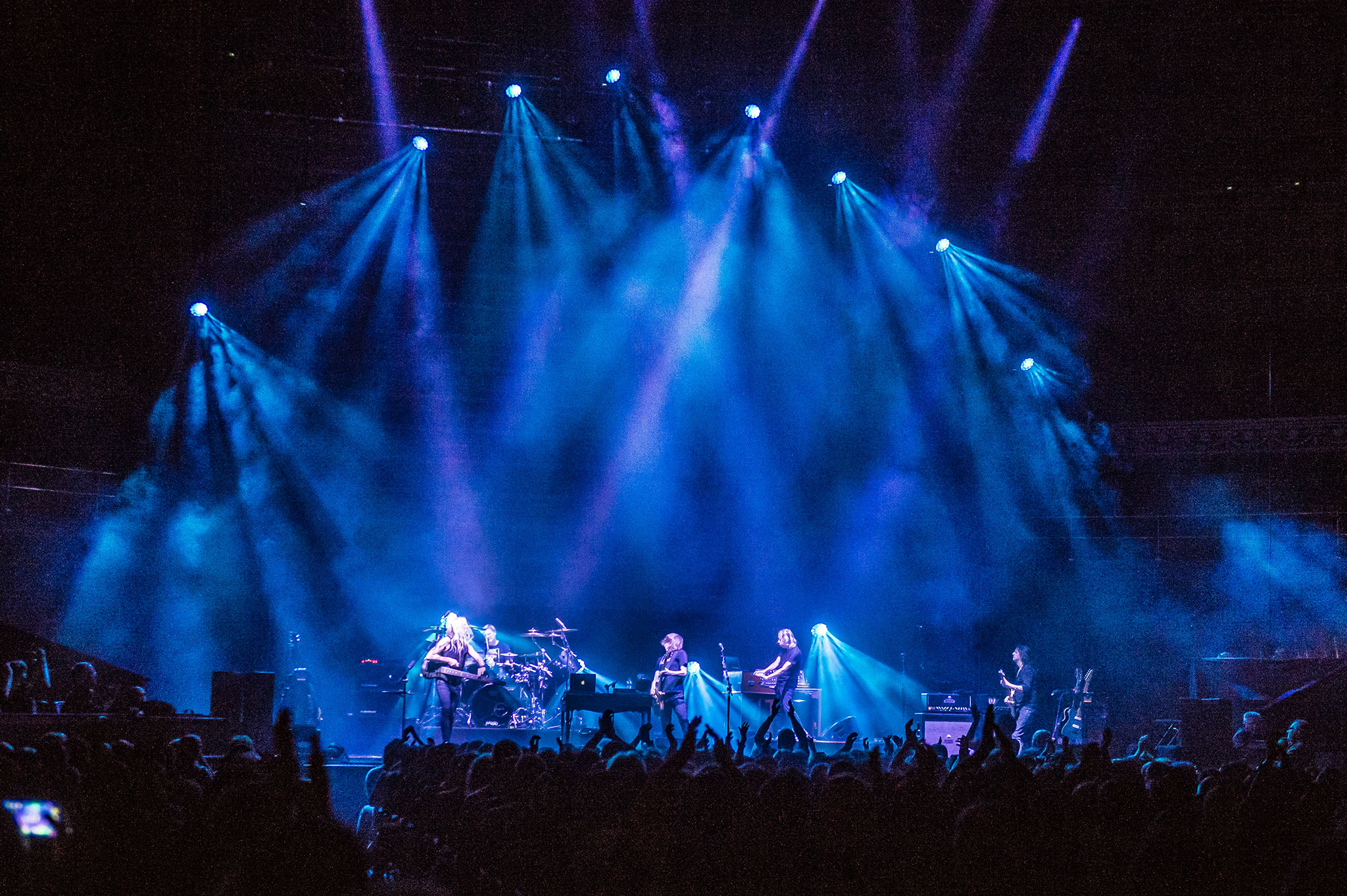
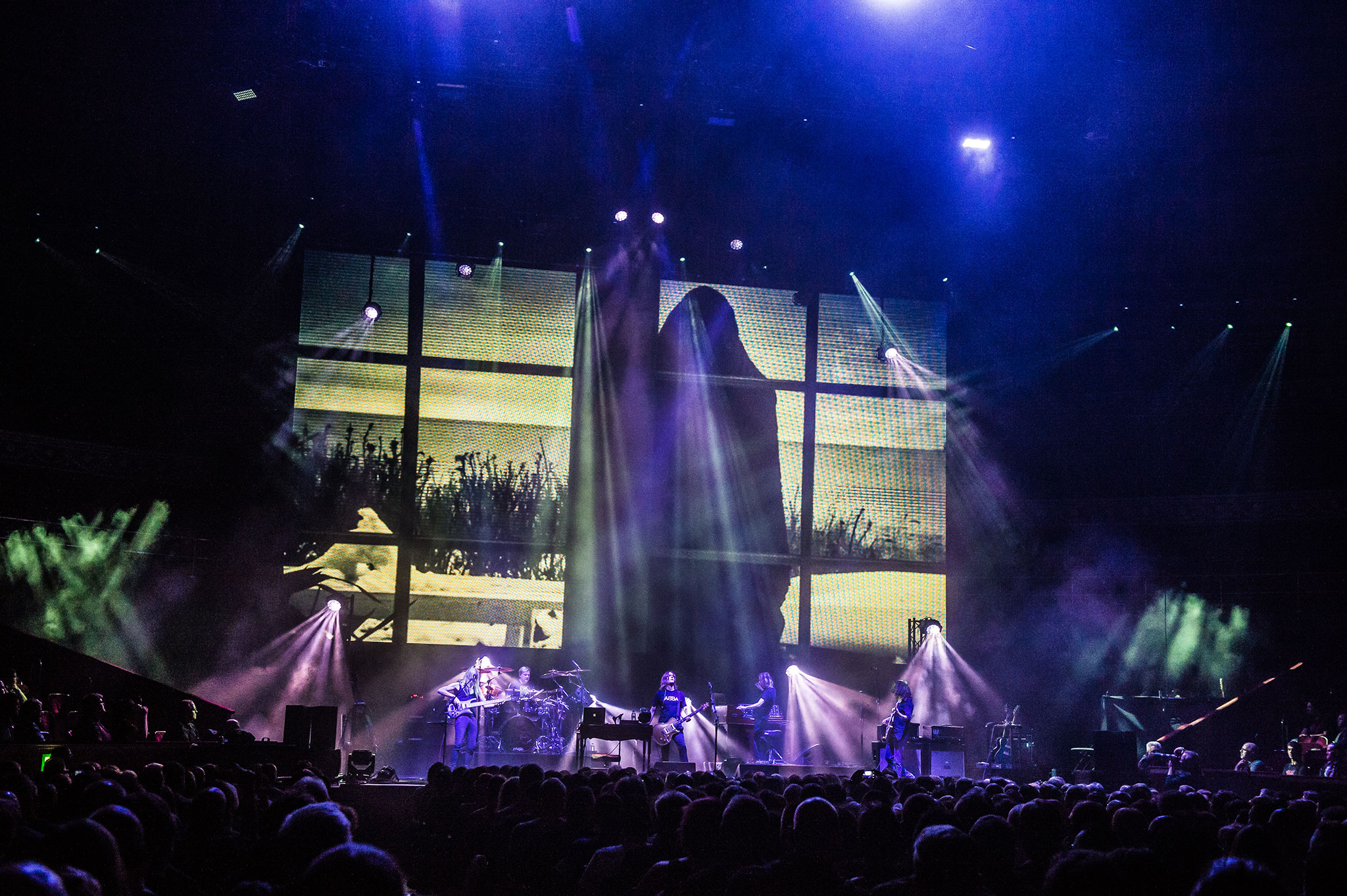

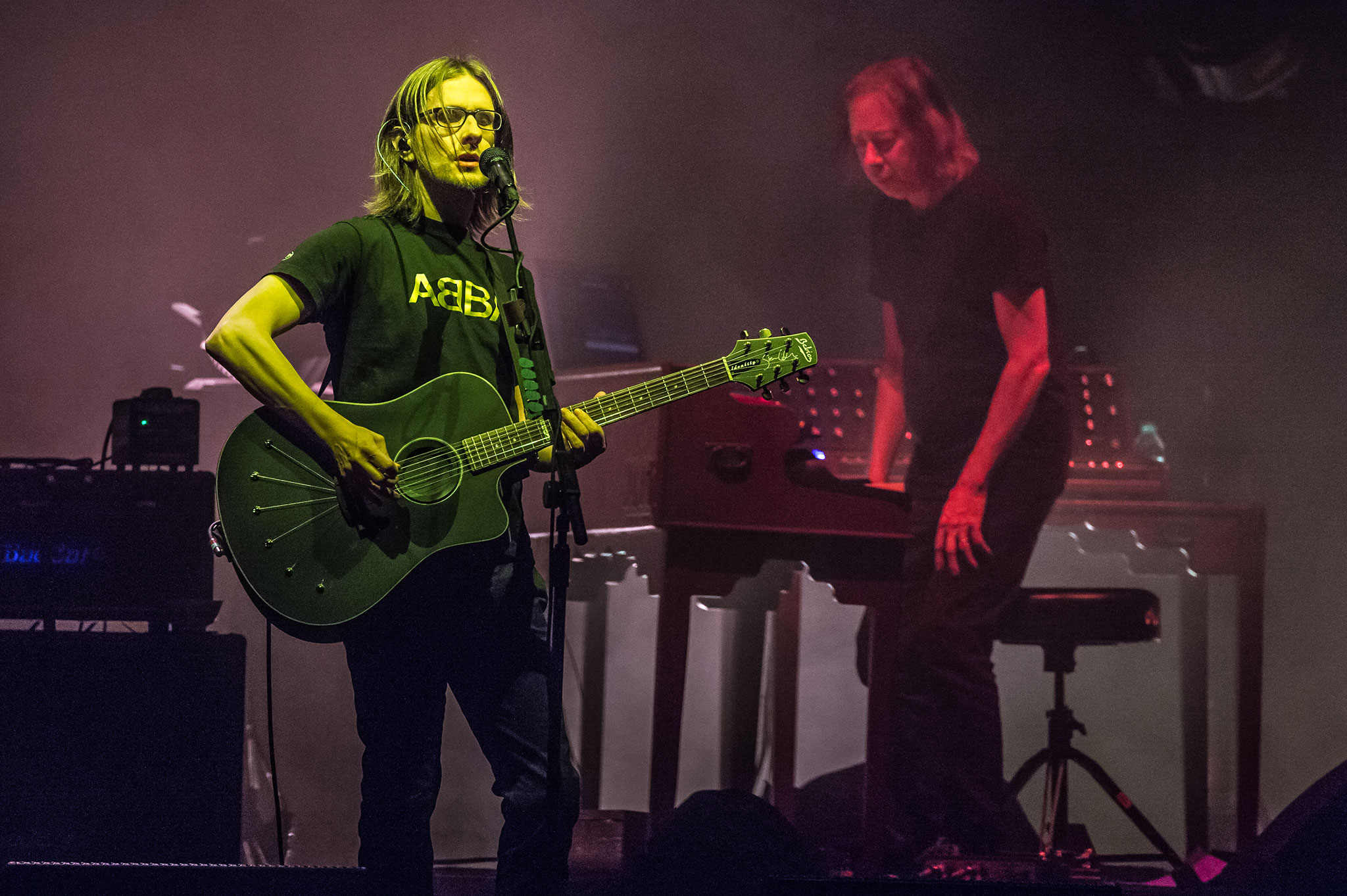
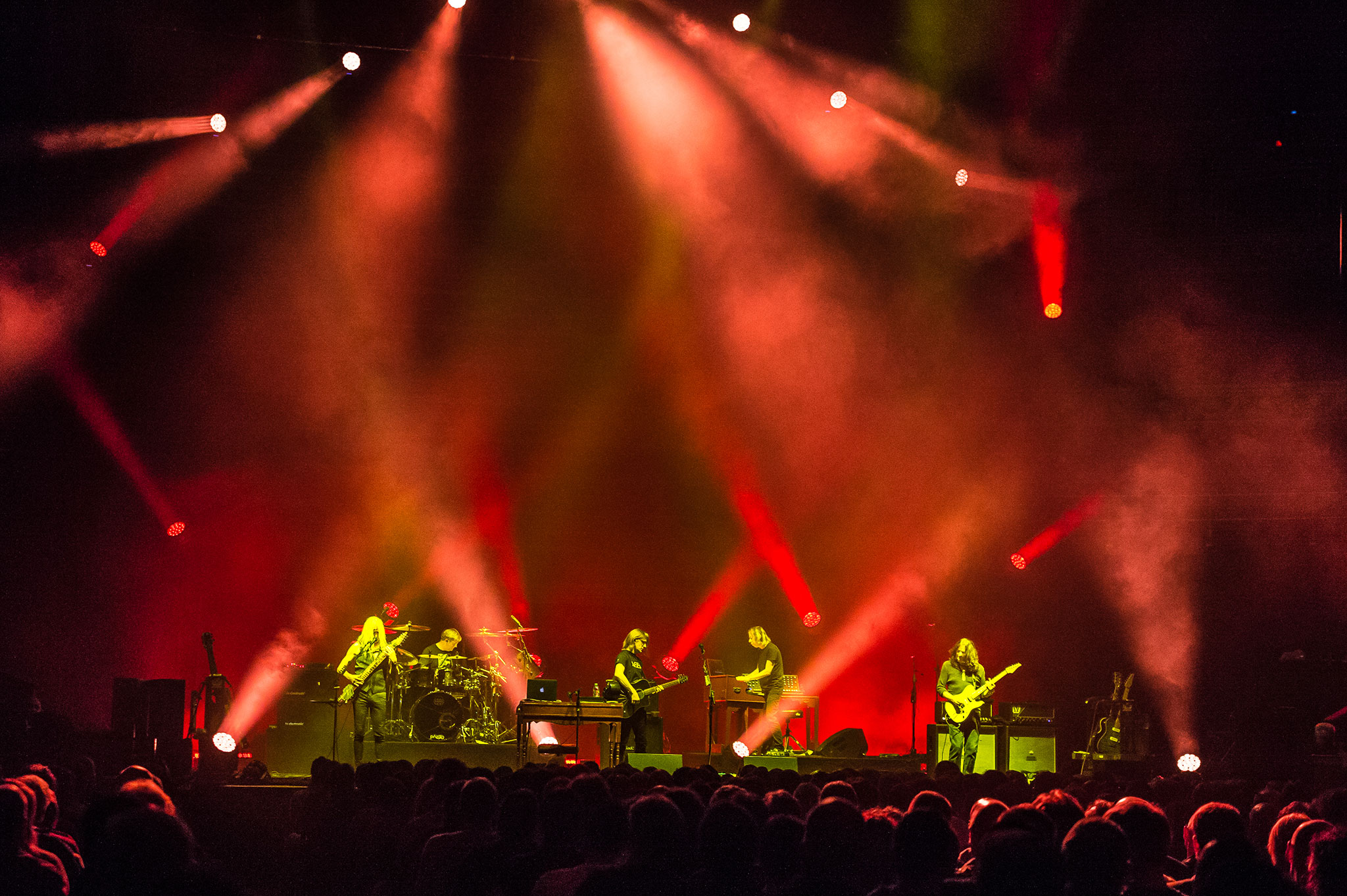
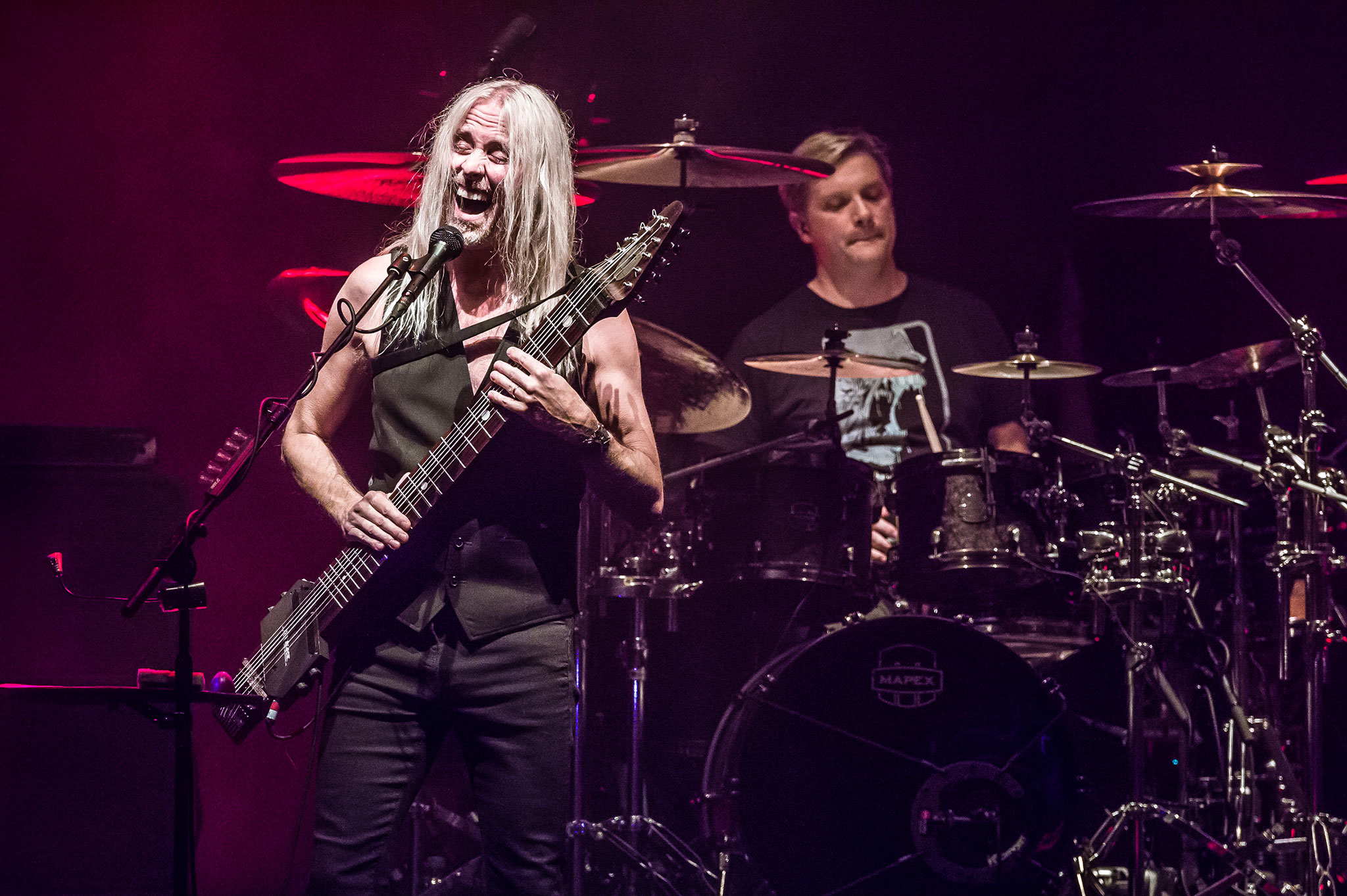
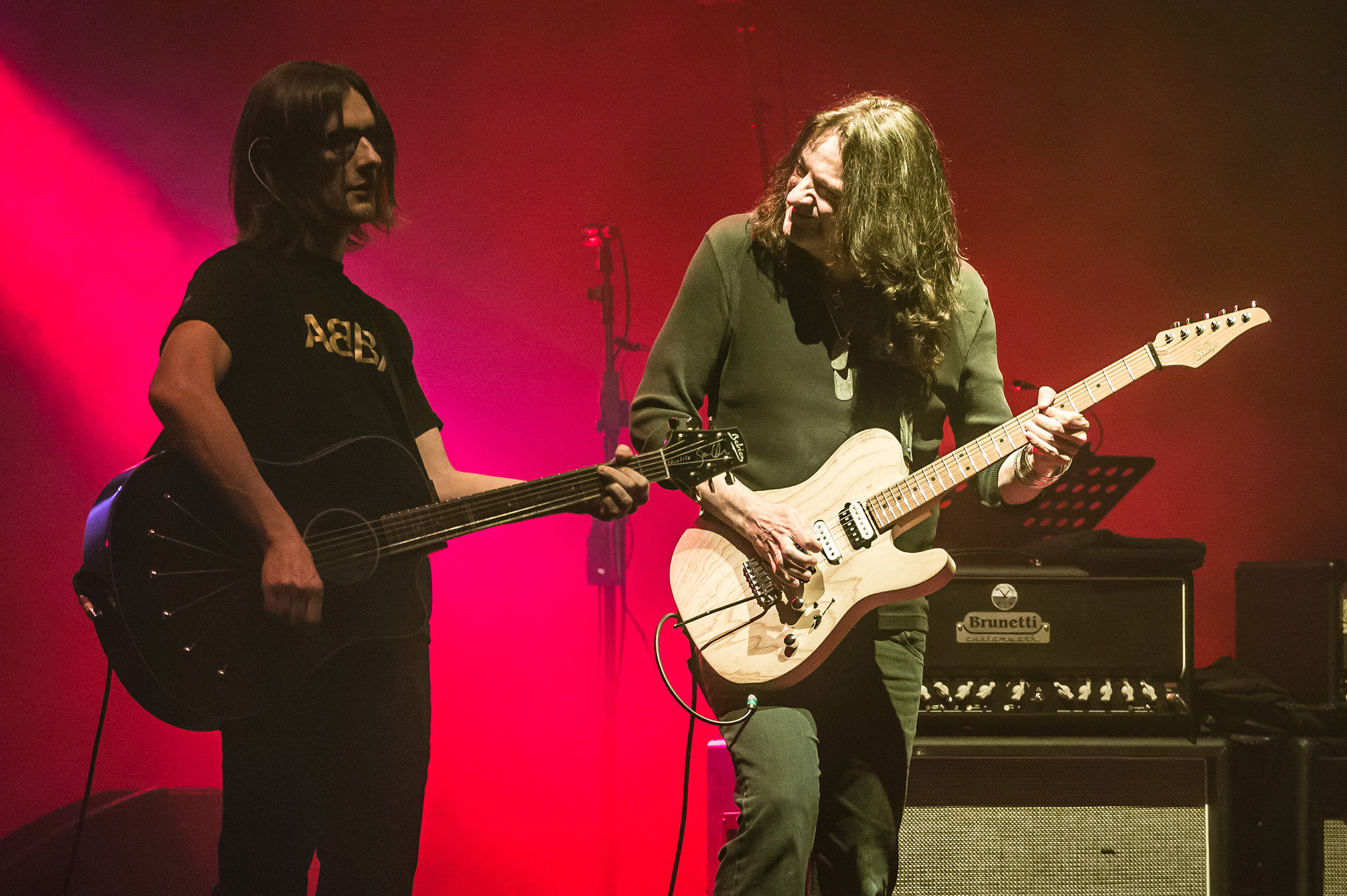
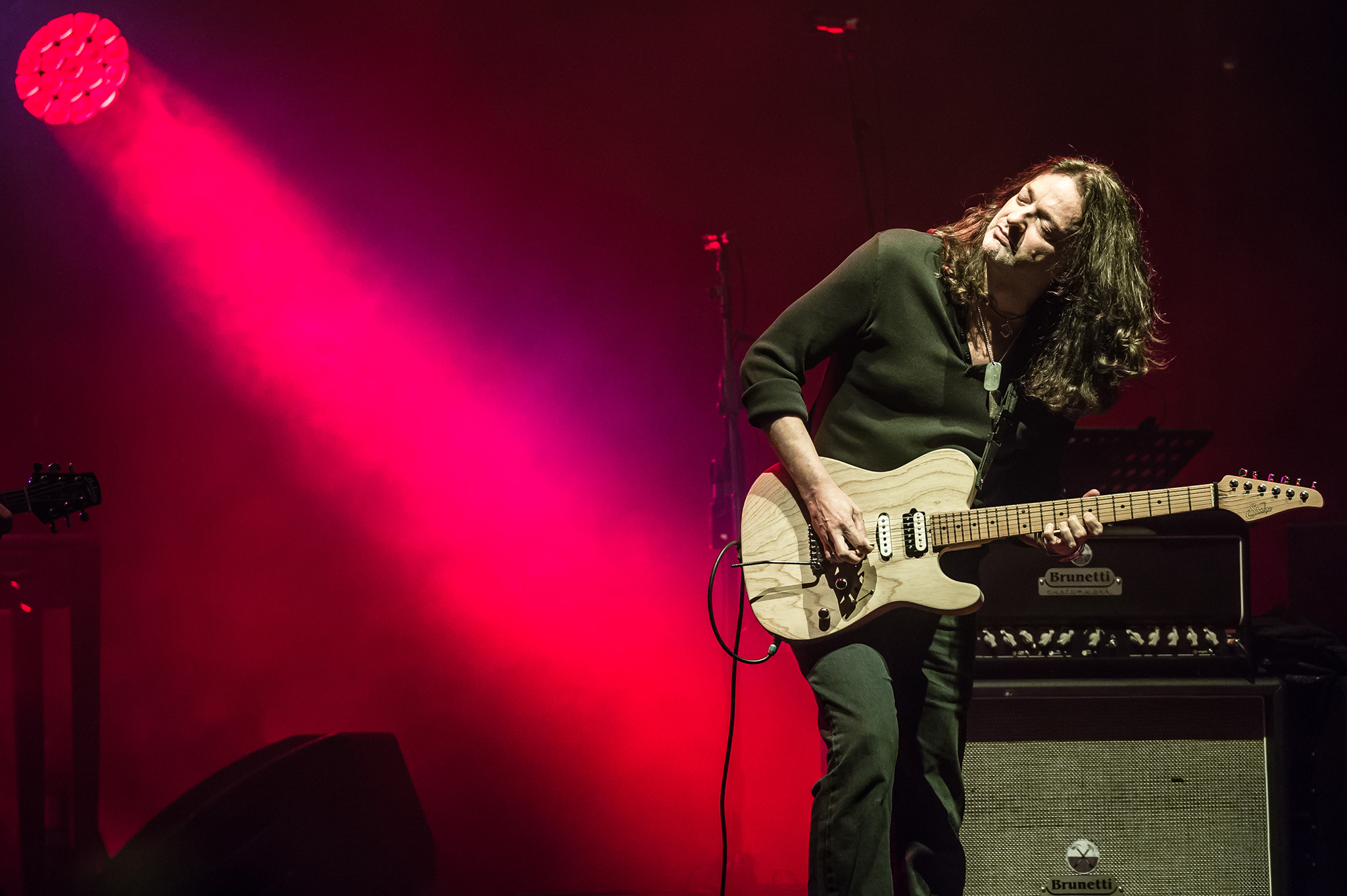
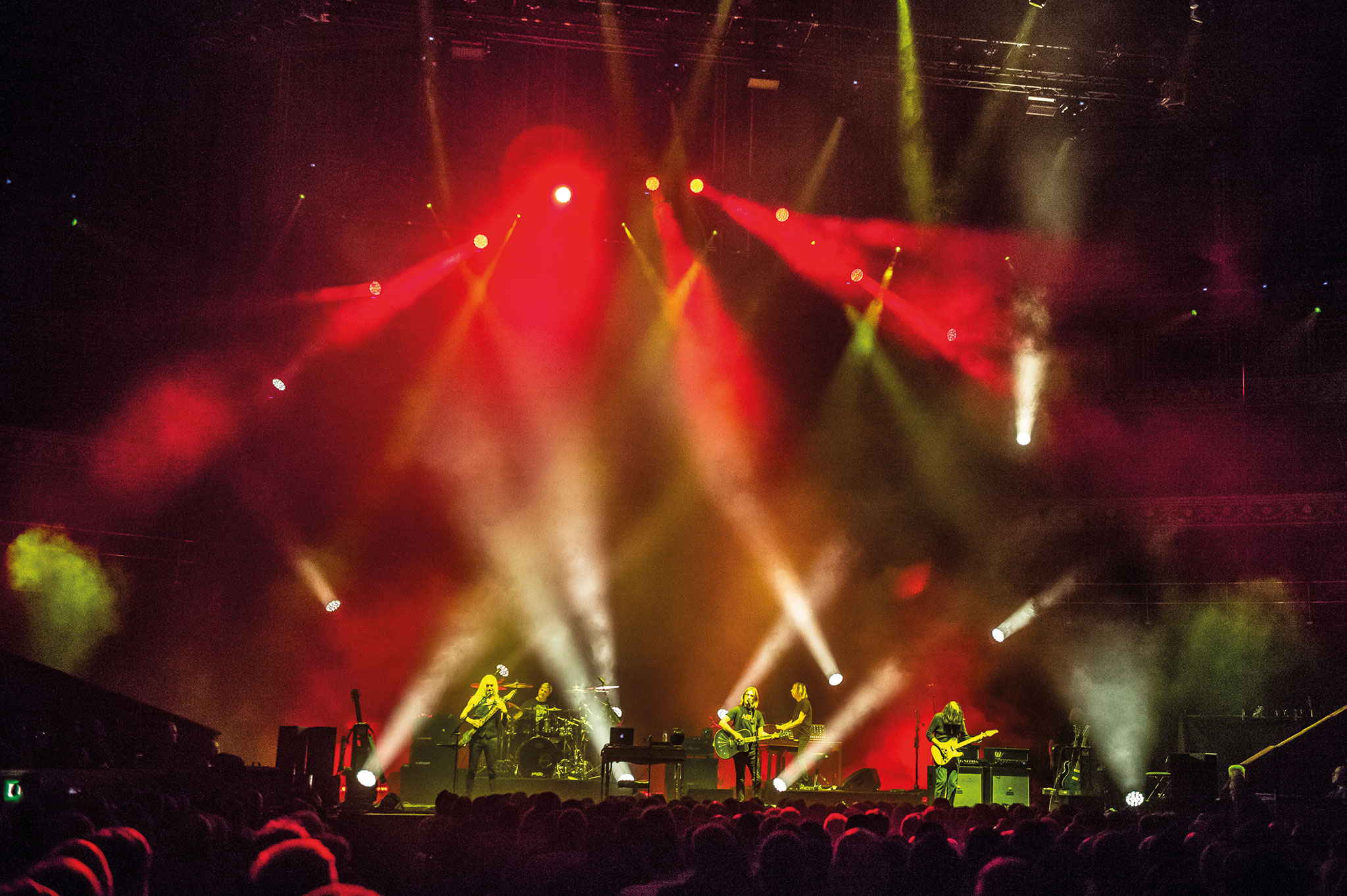
Paul Lester is the editor of Record Collector. He began freelancing for Melody Maker in the late 80s, and was later made Features Editor. He was a member of the team that launched Uncut Magazine, where he became Deputy Editor. In 2006 he went freelance again and has written for The Guardian, The Times, the Sunday Times, the Telegraph, Classic Rock, Q and the Jewish Chronicle. He has also written books on Oasis, Blur, Pulp, Bjork, The Verve, Gang Of Four, Wire, Lady Gaga, Robbie Williams, the Spice Girls, and Pink.


